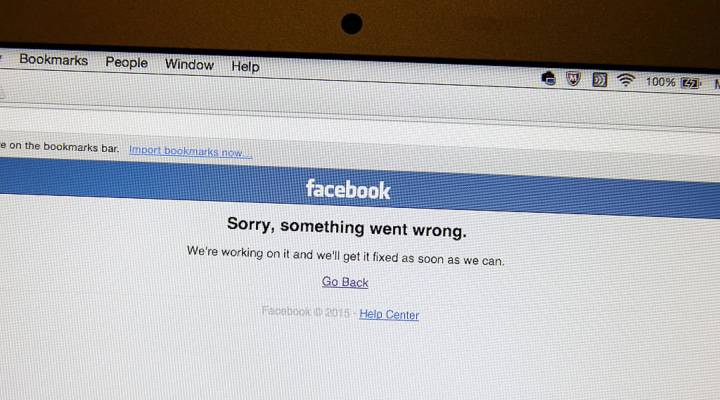
Facebook miscalculated video numbers for two years

In this advertisement from the Tex Mex restaurant Chuy’s, the average view for the video was 100 percent. That means everyone who saw the ad supposedly watched it from start to end.
“I don’t think it’s mathematically possible,” said Kristen Sussman, founder and president of social media agency, Social Distillery.
But after Facebook apologized Friday for miscalculating an important video metric for two years, the inflated numbers make more sense, Sussman said.
Facebook calculated the average viewing time by taking the sum total of viewing time and dividing it by the number of viewers. But it only included viewers who hung on for more than three seconds. Had it factored in people who watched it for less than three seconds, the average viewing time would’ve been lower.
“While this is only one of the many metrics marketers look at, we take any mistake seriously,” said David Fischer, vice president of business and marketing partnerships, in a Facebook post.
Fischer also added that the miscalculation did not impact video metrics or billings.
Still, mistakes like this breed mistrust, said Gary Wilcox, a social media and advertising professor at the University of Texas at Austin.
Advertisers may have misjudged how they’re doing and thought, “Geez, if that’s working, let’s throw more money at that and see if we can keep that success,” Wilcox said.
Many advertisers have been calling on third-party firms to step in and double-check numbers.
“We have also been calling for a long time for media owners like Facebook and Google not to mark their own homework and release data to comScore to enable independent evaluation. The referee and player cannot be the same person,” said Sir Martin Sorrell, CEO of advertising company WPP.
But not all advertisers — especially the big ones — are too burned by Facebook’s misstep, said Sam Rosen, vice president of market intelligence firm ABI.
“Some advertisers are in a very data-rich environment already because they’re able to measure the follow-through of their customers directly through their e-commerce platform,” Rosen explained.
As for Facebook, “well, the market seems to be shrugging this off, so I don’t think it’s a body blow, but it’s definitely a black eye,” said Paul Verna, a media analyst with eMarketer.
And, Verna said, advertisers won’t shy away because Facebook is, well, it’s Facebook.
There’s a lot happening in the world. Through it all, Marketplace is here for you.
You rely on Marketplace to break down the world’s events and tell you how it affects you in a fact-based, approachable way. We rely on your financial support to keep making that possible.
Your donation today powers the independent journalism that you rely on. For just $5/month, you can help sustain Marketplace so we can keep reporting on the things that matter to you.












